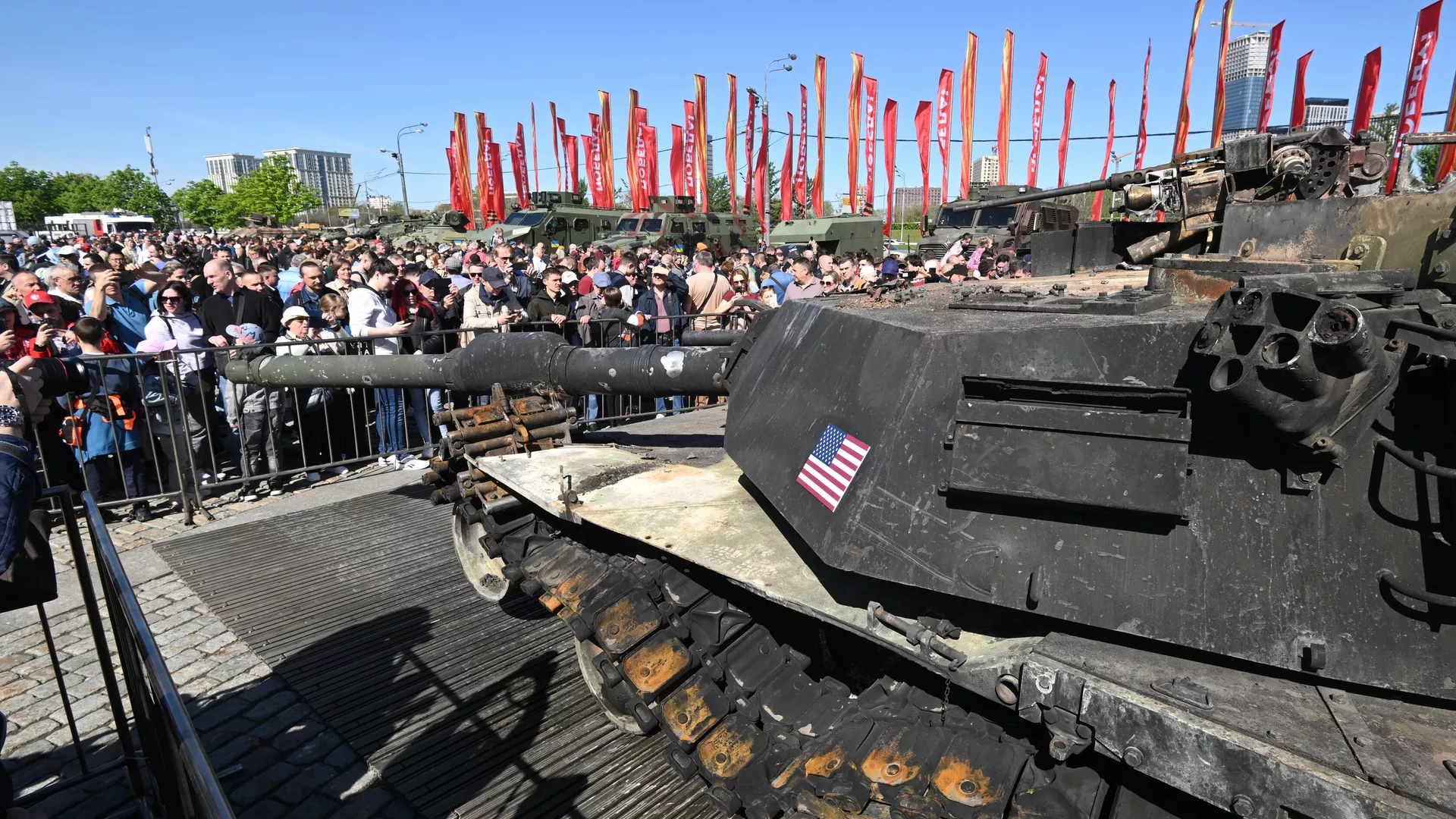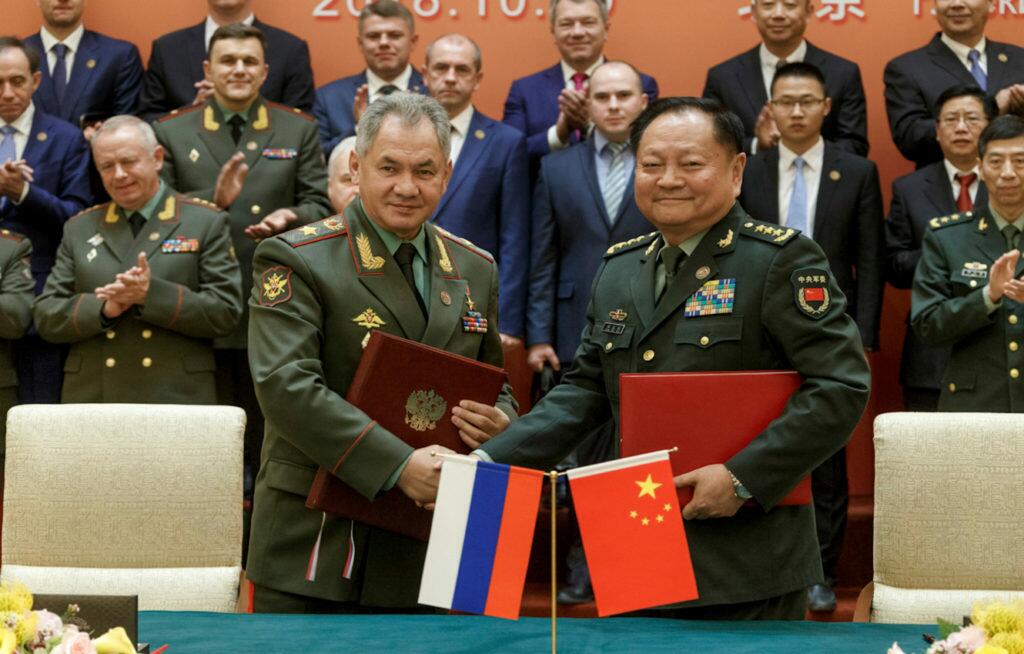Not ‘in Tatters’: Why the West Has Failed to Destroy Russia’s Economy
by Eric Zuesse, Strategic Culture:

Despite Barack Obama’s economic sanctions against Russia, and the plunge in oil prices that King Saud agreed to with Obama’s Secretary of State John Kerry on 11 September 2014, the economic damages that the US and Sauds have aimed against a particular oil-and-gas giant, Russia, have hit mostly elsewhere — at least till now.
This has been happening while simultaneously Obama’s violent February 2014 coup overthrowing Ukraine’s democratically elected pro-Russian President Viktor Yanukovych (and the head of the ‘private CIA’ firm Stratfor calls it “the most blatant coup in history”) has caused Ukraine’s economy to plunge even further than Russia’s, and corruption in Ukraine to soar even higher than it was before America’s overthrow of that country’s final freely elected nationwide government, so that Ukraine’s economy has actually been harmed far more than Russia’s was by Obama’s coup in Ukraine and Obama’s subsequent economic sanctions against Russia (sanctions that are based on clear and demonstrable Obama lies but that continue and even get worse under Trump).
Bloomberg News headlined on February 4th of 2016, “These Are the World’s Most Miserable Economies” and reported the “misery index” rankings of 63 national economies as projected in 2016 and 60 as actual in 2015 — a standard ranking-system that calculates “misery” as being the sum of the unemployment-rate and the inflation-rate. They also compared the 2016 projected rankings to the 2015 actual rankings.
Top rank, #1 both years — the most miserable economy in the world during 2015 and 2016 — was Venezuela, because of that country’s 95% dependence upon oil-export earnings (which crashed when oil-prices plunged). The US-Saudi agreement to flood the global oil market destroyed Venezuela’s economy.
#2 most-miserable in 2015 was Ukraine, at 57.8. But Ukraine started bouncing back so that as projected in 2016 it ranked #5, at 26.3. Russia in 2015 was #7 most-miserable in 2015, at 21.1, but bounced back so that as projected in 2016 it became #14 at 14.5.
Bloomberg hadn’t reported misery-index rankings for 2014 showing economic performances during 2013, but economist Steve H. Hanke of Johns Hopkins University did, in his “Measuring Misery Around the World, May 2014,” in the May 2014 GlobeAsia, ranking 90 countries; and, during 2013 (Yanukovych’s final year as Ukraine’s President before his being forced out by Obama’s coup), Ukraine’s rank was #23 and its misery-index was 24.4. Russia’s was #36 and its misery index was 19.9. So: those can be considered to be the baseline-figures, from which any subsequent economic progress or decline (after Obama’s 2014 Ukrainian coup) may reasonably be calculated. Hanke’s figures during the following year, 2014, were reported by him at Huffington Post, “The World Misery Index: 108 Countries”, and by UAE’s Khaleej Times, “List of Most Miserable Countries” (the latter falsely attributing that ranking to Cato Institute, which had merely republished Hanke’s article). In 2014, Ukraine’s misery-index, as calculated by Hanke, was #4, at 51.8. That year had 8 countries above 40 in Hanke’s ranking. Russia was #42 at 21.42. So: Russia’s rank had improved, but, because of the globally bad economy, Russia’s absolute number was slightly worse (higher) than it had been before Obama’s coup in Ukraine and subsequent sanctions against Russia. By contrast, Ukraine’s rank had suddenly gotten far worse, #4 at 51.80 in 2014, after having been #23 at 24.4 in 2013.
The figures in Bloomberg for Russia were: during 2015, #7 with a misery-index of 21.1; and projected during 2016, #14 with a misery-index of 14.5; so, Bloomberg too showed a 2015-2016 improvement for Russia, and not only for Ukraine (where in the 2016 projection it ranked #5, at 26.3, a sharp improvement after the horrendous 2015 actual numbers).
“Hanke’s Annual Misery Index — 2017” in Forbes, showed 98 countries, and Venezuela was still #1, the worst; Ukraine was now #9 at 36.9; and Russia was #36 at 18.1.
Thus: whereas Russia was economically sunningly stable at #36 from start to finish throughout the entire five-year period 2013-2017, starting with a misery-index of 19.9 in 2013 and ending with 18.1 in 2017, Ukraine went from a misery-index of 24.4 in 2013 to 36.9 in 2017 — and worsening its rank from #23 to #9. During that five-year period Ukraine’s figure peaked in the year of Obama’s coup at 57.8. So, at least Ukraine’s misery seems to be heading back downward in the coup’s aftermath, though it’s still considerably worse than before the coup. But, meanwhile, Russia went from 19.9 to 18.1 — and had no year that was as bad as Ukraine’s best year was during that period of time. And, yet: that coup and the economic sanctions and the US-Saudi oil-agreement were targeted against Russia — not against Ukraine.
If the US were trying to punish the people of Ukraine, then the US coup in Ukraine would have been a raving success; but actually Obama didn’t care at all about Ukrainians. He cared about the owners of America’s weapons-making firms and of America’s extractive firms. Trump likewise.
During that same period (also using Hanke’s numbers) the United States went from #71 at 11.0 in 2013, to #69 at 8.2 in 2017. US was stable.
Saudi Arabia started with #40 18.9 during 2013, to #30 at 20.2 in 2017. That’s improvement, because the Kingdom outperformed the global economy.
During the interim, and even in the years leading up to 2014, Russia had been (and still is) refocusing its economy away from Russia’s natural resources and toward a broad sector of high technology: military R&D and production.
On 15 December 2014, the Stockholm International Peace Research Institute headlined, “Sales by Largest Arms Companies Fell Again in 2013, but Russian Firms’ Sales Continued Rising,” and reported, “Sales by companies headquartered in the United States and Canada have continued to moderately decrease, while sales by Russian-based companies increased by 20 per cent in 2013.”
Read More @ Strategic-Culture.org
Loading...



